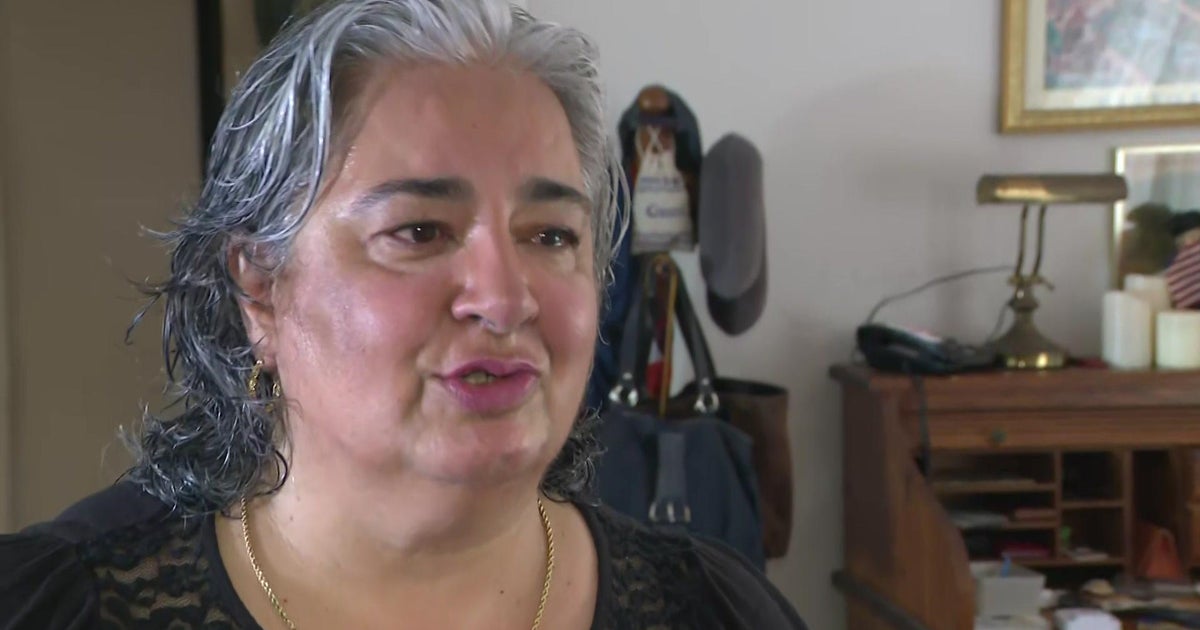From Aedes to Zika: Why Mosquitoes Remain in the News
In the news seemingly since January of this year, the Zika virus continues to spread around the globe. The Zika virus initially appeared in Brazil in May of 2015 and has since affected more than 1 million people in over 30 countries. The World Health Organization (WHO) has issued a global emergency as experts agree that the disease has "explosive pandemic potential" and could affect more than 4 million people by the end of this year.
The Zika virus is a mosquito-borne illness transmitted by Aedes mosquitoes. It was named after a forest in Uganda where it was first discovered in 1947 from blood drawn from rhesus monkeys that scientists were testing for yellow fever. The first case of infection in a human did not occur until 1952 when it was reported in Uganda and Tanzania.
Since 1947, no large scale outbreaks have been reported until now. Micronesia in 2007 had 49 confirmed cases but no hospitalizations were reported from that outbreak. In 2013-2014, 19,000 suspected cases were reported in French Polynesia. The current outbreak has already passed 1 million suspected cases making this the worst outbreak in the virus' history.
Less than 20% of those infected with the virus will show symptoms such as fever, rash, joint pain, and red/itchy eyes. Side effects are mild, rarely fatal, and fade within a week. The Zika virus has made headlines mostly because of conditions that the virus has been linked to. It was recently associated with Guillain-Barre syndrome, an autoimmune disease often triggered by infections in which the immune system attacks the myelin lining of nerve cells. Individuals who suffer from Guillain-Barre may experience widespread weakness and paralysis after an attack. A large majority of those who suffer from this disease will lose mobility and may need a mechanical ventilator because of weak respiratory muscles.
Another condition linked to Zika is microcephaly, a birth defect in which a developing baby's brain fails to grow to its proper size. Since the start of the Zika pandemic nearly 4,000 Brazilian infants have been born with microcephaly. In addition to microcephaly, doctors in infected areas say that newborns who have been exposed to Zika may also suffer from vision and hearing problems. Pregnant women are being warned not to travel to areas where the Zika virus is spreading due to the risk.
The Zika virus is spread primarily by yellow fever mosquitoes, Aedes Aegypti, who are distinguishable by the white markings on their legs. These mosquitoes are most active in the morning and early evenings and fly on every continent but Antarctica. There have also been some cases where the virus has been spread via sexual transmission.
As of September 14, 2016, the CDC has reported 3,132 travel-associated cases of the Zika virus and 45 locally acquired in the United States. Americans who are traveling overseas should take steps to protect themselves. This could include wearing long sleeve shirts and pants, staying in lodgings with screened windows and air conditioning, using insect repellants, and using permethrin-treated clothing and gear.
Some do-it-yourself things you can do to help control mosquitoes in and around your home include:
- Removing any sources for standing water, including bird baths, rain barrels, and recycling containers.
- Cutting back vegetation around your home to eliminate breeding and hiding grounds.
- Getting rid of old yard items that may be attracting mosquitoes such as old pots and spare tires.
As there is currently no vaccine or treatment for the Zika virus, the CDC recommends that pregnant women consider postponing any travel to countries where Zika transmission is ongoing and all other travelers use due caution if traveling to infected areas.
Truly Nolen offers a mosquito control program designed to reduce the number of mosquitoes found in and around your home as well as a Four Seasons Pest Control program that provides year round protection against household pests. You can call 1-800-GO-TRULY or visit Truly Nolen online for more information or if would like to schedule a FREE pest inspection.
Above content provided by Truly Nolen.



